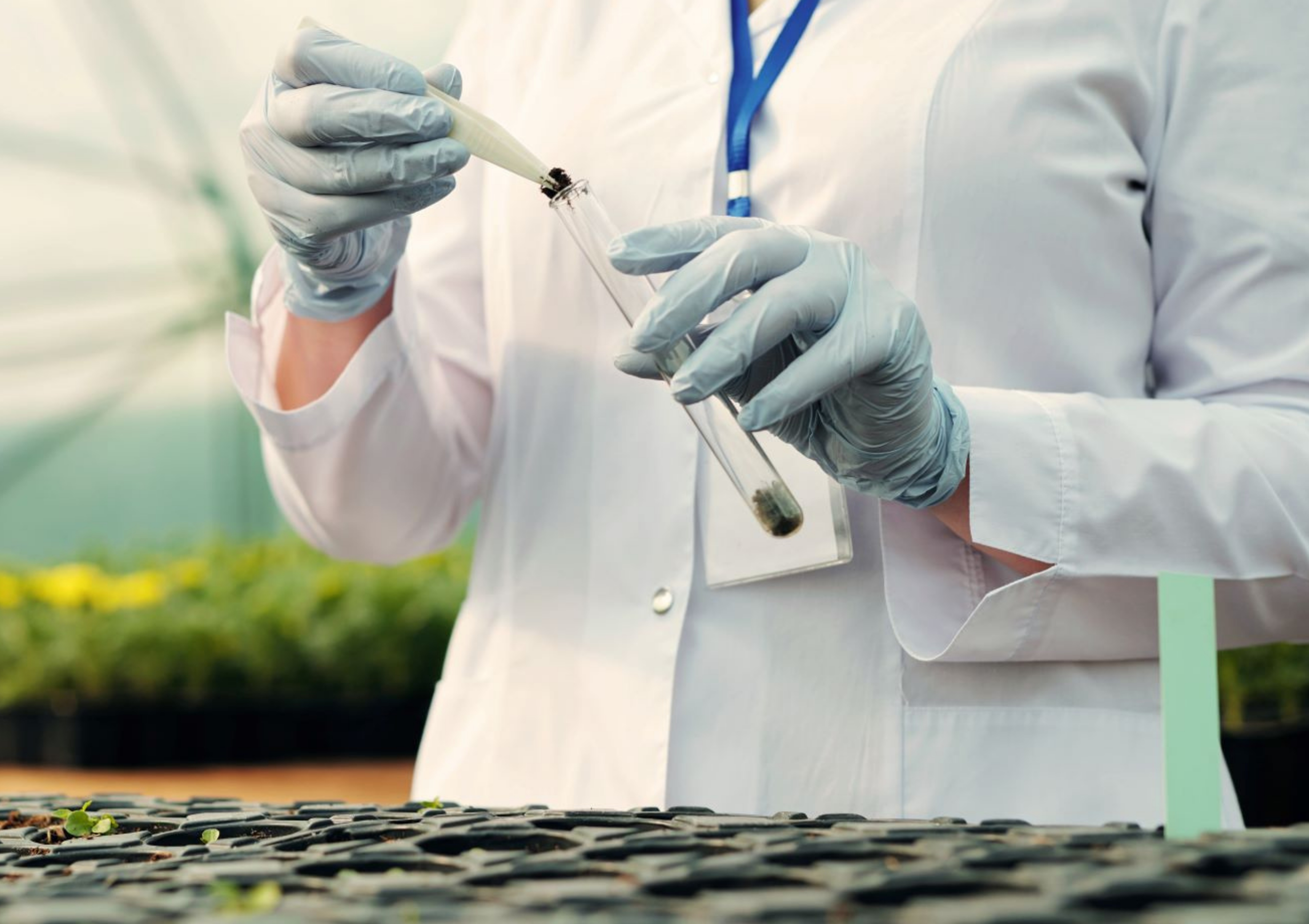Food fraud and counterfeiting are still significant challenges within the European Union, with far-reaching consequences for consumer trust, public health, and the integrity of the foodtech and agritech sectors.
The EU is particularly vulnerable to food fraud given it is, by definition, a highly integrated market where products move freely across borders through complex supply chains.
Olive oil fraud and mislabelling cases hit record high
The EU saw a record number of potential olive oil fraud and mislabeling cases in the first quarter of this year, driven by inflation and rising demand in the black market.
Since 2018, olive oil prices have more than doubled due to climate-related production issues and other factors. As prices soared, so did the number of cross-border EU notifications for fraud, mislabeling, and safety concerns.
The different types of food fraud and counterfeiting
There are many different types of food fraud and counterfeiting, but among the most common are:
Adulteration
This involves the illegal addition, dilution, or substitution of ingredients. A notable example includes the addition of non-compliant additives in seafood, such as benzoic acid in calamari. Other examples involve the dilution of honey with sugar syrup, a common fraud practice, especially with organic honey. Adulterations can lower production costs while presenting serious health risks to consumers.
Mislabeling and protected designations
Often targets products with Protected Geographical Indications or Protected Designations of Origin, such as Prosecco, Grana Padano, and Aceto Balsamico di Modena. Recent cases, as seen in the EU's report on Agri-Food Fraud, include mislabelling of ‘Prosecco’ wine, which underscores the difficulties in safeguarding GI’s in the EU. There have also been cases in which Danish producers have been directly challenged about their use of certain indications.
Record and product tampering
Tampering with records to falsify the origin, quality, or safety of food products is another common practice. One significant area of concern is falsifying the date of production or the quality classification of olive oil, which directly impacts consumer trust and market competition.
Why is compliance vital to your business' success?
Legal compliance is paramount in addressing the challenges of food fraud and counterfeiting. Adherence to legal standards and regulations helps to maintain the integrity of the food supply chain, protect consumer health, and uphold market fairness. The Official Controls Regulation (EU) 2017/625 provides a comprehensive framework for the enforcement of food safety and quality regulations throughout the EU.
This means it is absolutely vital you ensure your business complies with all the relevant EU regulations.
As the directive establishes a robust framework for food safety and quality controls, non-compliance can lead to significant legal and financial repercussions, including fines, sanctions, and damage to the reputation of your business.
You must regularly assess and update your food safety and quality control processes to align with the regulation’s requirements and invest in training programs for staff to ensure they understand and adhere to compliance standards.
You must also maintain comprehensive records of all food safety and quality control procedures, together with conducting internal audits to verify compliance and address any discrepancies promptly. This will enhance transparency and build consumer trust and compliance.
In summary, businesses should view compliance with the Official Controls Regulation (EU) 2017/625 as a strategic investment. By implementing the necessary measures, your business will not only avoid legal and financial risks but also enhance your market position, build consumer trust, and ensure your long-term success in the increasingly crowded and competitive food sector.
Our team at Potter Clarkson can assist with ensuring compliance, protecting your brand, and addressing any legal challenges related to foods and drinks. To discuss any concerns, please contact us today.
If you would like to find out more about this topic, these articles may be helpful:




















.avif)






.jpg)
